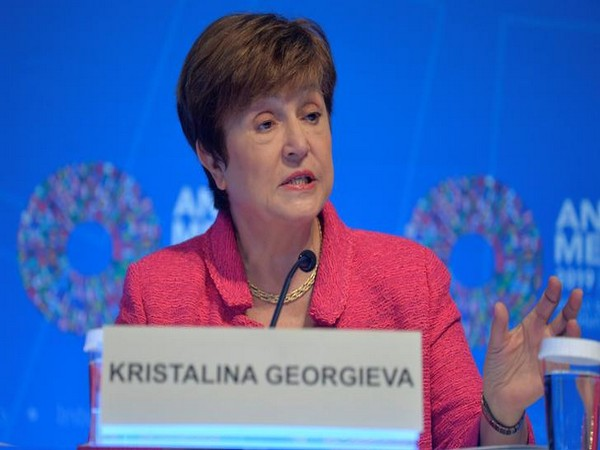IMF Chief Warns of Global Economic Stagnation Amid Rising Debts
IMF Managing Director Kristalina Georgieva cautioned that the world risks being trapped in a low-growth, high-debt scenario, leaving governments with fewer resources to tackle economic opportunities and climate change. This, combined with various global tensions, contributes to dissatisfaction worldwide despite hopes for a soft economic landing.

Managing Director of the International Monetary Fund, Kristalina Georgieva, has warned of a potential global economic stagnation marked by low growth and high debt. During recent meetings of the IMF and World Bank, she expressed concerns over diminishing government resources to combat climate change and enhance economic opportunities.
The IMF projected a slight decline in global GDP growth from 3.2% this year to 3.1% by 2029, underlining a trend affected by several pressing issues, including geopolitical tensions and persistent high inflation. Economies worldwide are urged to resist protectionism and focus on fostering optimism for a 'soft landing' despite the challenges.
Asserting the urgency for policy interventions, particularly in China, Georgieva emphasized the need for a shift in its economic strategy to bolster consumer demand. The IMF, alongside global leaders, is closely monitoring ongoing conflicts that could potentially exacerbate economic vulnerabilities in various regions, including the Middle East.
(With inputs from agencies.)
ALSO READ
Tajikistan’s Green Transition: World Bank’s Report Highlights Pathways for Economic Renewal and Resilience Against Climate Risks
AfDB’s Adaptation Benefits Mechanism Wins Grand Prix for Pioneering Urban Climate Resilience Finance
Asia's Resilience: Navigating Trump Era Trade Tensions
ADB, Central Asia Partners Unveil Climate Initiatives to Boost Resilience and Green Growth
Europe & Central Asia’s Economic Resilience and Challenges: Insights from the 2024 World Bank Report










